- State Board
-
12th Standard
-

Biology
-

Computer Applications
-

Computer Science
-

Business Maths and Statistics
-

Commerce
-

Economics
-

Maths
-

Chemistry
-

Physics
-

Computer Technology
-

History
-

Accountancy
-

Tamil
-

Maths
-

Chemistry
-

Physics
-

Biology
-

Computer Science
-

Business Maths and Statistics
-

Economics
-

Commerce
-

Accountancy
-

History
-

Computer Applications
-

Computer Technology
-

English
12th Standard stateboard question papers & Study material
தமிழ் Subjects
English Subjects
-
-
11th Standard
-

Maths
-

Biology
-
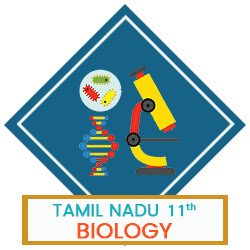
உயிரியல் - தாவரவியல்
-

Economics
-

Physics
-

Chemistry
-

History
-

Business Maths and Statistics
-

Computer Science
-

Accountancy
-

Commerce
-

Computer Applications
-

Computer Technology
-

Tamil
-

Maths
-

Commerce
-

Economics
-

Biology
-

Business Maths and Statistics
-

Accountancy
-

Computer Science
-

Physics
-

Chemistry
-

Computer Applications
-

History
-

Computer Technology
-

Tamil
-

English
11th Standard stateboard question papers & Study material
தமிழ் Subjects
English Subjects
-
-
9th Standard
-

-

-

-

-

-

-

Maths
-

Science
-

Social Science
-

Maths
-

Science
-

Social Science
9th Standard stateboard question papers & Study material
தமிழ் Subjects
English Subjects
-
-
6th Standard
-

Maths
-

Science
-

Social Science
-

Maths
-

Science
-

Social Science
6th Standard stateboard question papers & Study material
தமிழ் Subjects
English Subjects
-
-
10th Standard
-

Maths
-

Science
-

Social Science
-

Tamil
-

Maths
-

Science
-

Social Science
-

English
-

English
10th Standard stateboard question papers & Study material
தமிழ் Subjects
English Subjects
-
-
7th Standard
-

Maths
-

Science
-

Maths
-

Science
-

Social Science
7th Standard stateboard question papers & Study material
தமிழ் Subjects
English Subjects
-
-
8th Standard
-

கணிதம் - old
-

Science
-

Social Science
-

கணிதம்
-

Maths
-

Science
-

Social Science
8th Standard stateboard question papers & Study material
தமிழ் Subjects
English Subjects
-
-
12th Standard
- CBSE Board
-
12th Standard CBSE
-

Biology
-

Physics
-

Chemistry
-

Maths
-

Accountancy
-

Introductory Micro and Macroeconomics
-

Business Studies
-

Economics
-

Computer Science
-

Geography
-

English
-

History
-

Indian Society
-

Physical Education
-

Sociology
-

Tamil
-

Bio Technology
-

Engineering Graphics
-

Entrepreneurship
-

Hindi Core
-

Hindi Elective
-
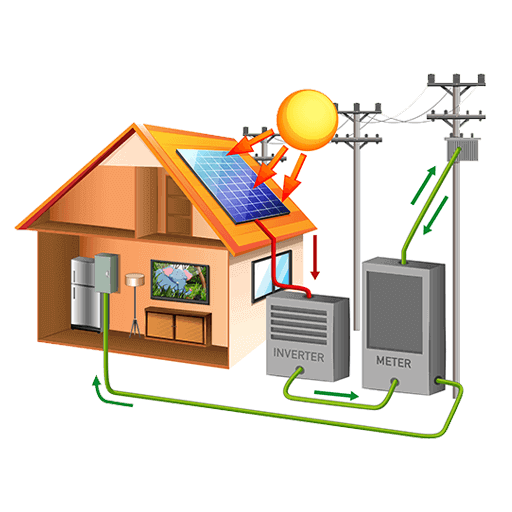
Home Science
-
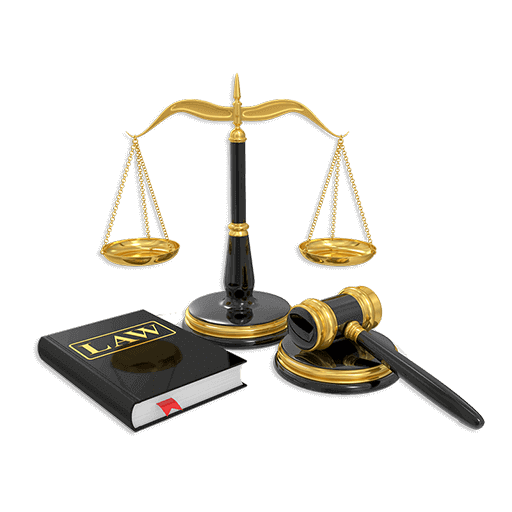
Legal Studies
-

Political Science
-

Psychology
12th Standard CBSE Subject Question Paper & Study Material
-
-
11th Standard CBSE
-

Mathematics
-

Chemistry
-

Biology
-

Physics
-

Business Studies
-

Accountancy
-

Economics
-

Computer Science
-

Bio Technology
-

English
-

Enterprenership
-

Geography
-

Hindi
-

History
-

Home Science
-

Physical Education
-

Political Science
-

Psychology
-

Sociology
-

Applied Mathematics
11th Standard CBSE Subject Question Paper & Study Material
-
- 10th Standard CBSE
-
9th Standard CBSE
-

Mathematics
-

Social Science
-

Science
-

English
-

Hindi
9th Standard CBSE Subject Question Paper & Study Material
-
-
8th Standard CBSE
-

Science
-

Social Science
-

Mathematics
-

English
8th Standard CBSE Subject Question Paper & Study Material
-
-
7th Standard CBSE
-

Mathematics
-

Science
-

Social Science
-

English
7th Standard CBSE Subject Question Paper & Study Material
-
-
6th Standard CBSE
-

Mathematics
-

Science
-

Social Science
-

English
6th Standard CBSE Subject Question Paper & Study Material
-
-
12th Standard CBSE
- Free Online Test
- News
- Study Materials
-
Students
-
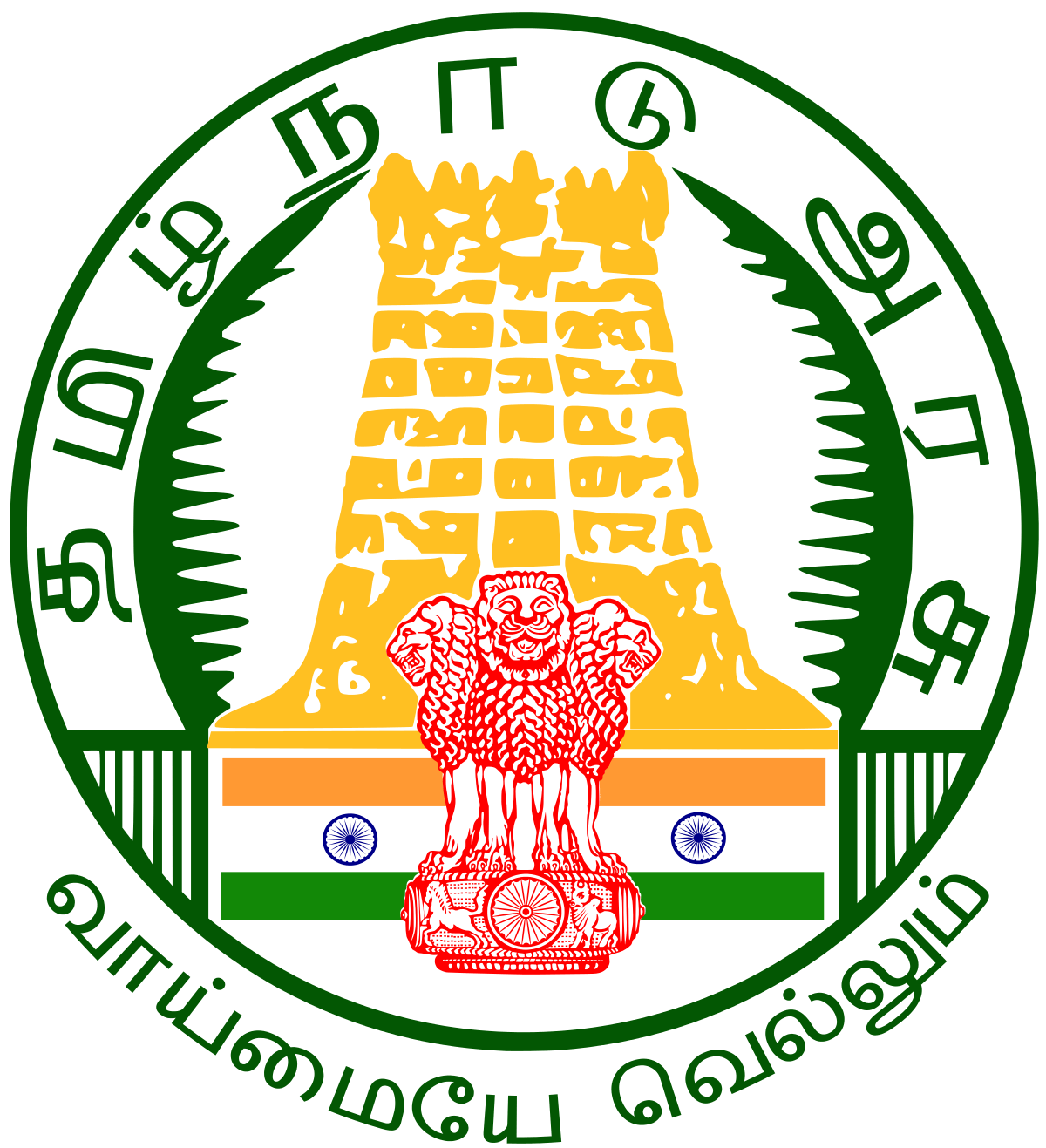
Stateboard Tamil Nadu
-

CBSE Board
-

Free Online Tests
-

Educational News
-

Scholarships
-

Entrance Exams India
-

Video Materials
Study Materials , News and Scholarships
-
-
Students

12th Standard Maths English Medium - Differentials and Partial Derivatives 3 Mark Creative Question Paper and Answer Key 2022 - 2023 Study Materials Sep-02 , 2022
QB365 provides a detailed and simple solution for every Possible Creative Questions in Class 12 Maths Subject - Differentials and Partial Derivatives, English Medium. It will help Students to get more practice questions, Students can Practice these question papers in addition to score best marks.
Differentials and Partial Derivatives 3 Mark Creative Question Paper With Answer Key
12th Standard
-
Reg.No. :
Maths
Time :
00:45:00 Hrs
Total Marks :
45
-
If w= log(x2+y2) and x=rcosፀ and y=rsinፀ then, find \(\frac { \partial w }{ \partial r } and\frac { \partial w }{ \partial \theta } \)
-
If w=xy+z and x=cot, y=sint, z=t then find \(\frac { dw }{ dt } \)
-
Using linear approximation find \(\sqrt { 0.082 } \)
-
Find the approximate value of \(\left( \frac { 17 }{ 81 } \right) ^{ \frac { 1 }{ 4 } }\) using linear approximation.
-
Find the limit for the following if it exists \(\underset { (x-y)\rightarrow \left( 1,1 \right) }{ lim } \frac { { 2x }^{ 2 }-xy-{ y }^{ 2 } }{ { x }^{ 2 }-{ y }^{ 2 } } \)
-
Find the limit for the following if it exists \(\underset { (x,y)\rightarrow \left( 0,0 \right) }{ lim } \frac { { x }^{ 2 }{ y }^{ 2 } }{ { x }^{ 4 }+3{ y }^{ 4 } } \)
-
If w=x2+y2 and x=u2-v2,y=2uv then find \(\frac { \partial w }{ \complement u } and\frac { \partial w }{ \partial v } \)
-
Evaluate : \(\underset { \left( x,y \right) \rightarrow \left( 2,0 \right) }{ lim } \frac { \sqrt { 2x-y-2 } }{ 2x-y-4 } \)
-
Evaluate : \(\underset { \left( x,y,z \right) \rightarrow \left( -1,0,4 \right) }{ lim } \frac { { x }^{ 2 }-{ ze }^{ zy } }{ 6x+2y-2z } \)
-
Evaluate : \(\underset { \left( x,y \right) \rightarrow \left( 0,0 \right) }{ lim } \frac { { x }^{ 2 }-xy }{ \sqrt { x } -\sqrt { y } } \)
-
If w=x+2y+z2 and x=cos t,y=sint,z=t then find \(\frac { dw }{ dt } \)
-
If u(x, y) = \(x^{4}+y^{3}+3 x^{2} y^{2}+3 x^{2} y\) then verify \(\frac{\partial^{2} u}{\partial x \partial y}=\frac{\partial^{2} u}{\partial y \partial x}\)
-
If u = log (tan x + tan y + tan z), prove that \(\sum \sin 2 x \frac{\partial u}{\partial x}=2\)
-
If U = (x - y) (y -z) (z- x) then show that \(U_{x}+U_{y}+U_{z}=0\)
-
Using Euler's Theorem prove the following.
(i) If u = \(\tan ^{-1}\left(\frac{x^{3}+y^{3}}{x-y}\right)\). Prove that \(x \frac{\partial u}{\partial x}+y \frac{\partial u}{\partial y}=\sin 2 u\)
(ii) \(\mathrm{u}=\mathrm{x y}^{2} \sin (x / y)\) Show that \(x \frac{\partial u}{\partial x}+y \frac{\partial u}{\partial y}=3 u\)
(iii) If \(u=\sqrt{x^{2}+y^{2}}\) show that \(\mathbf{x} \frac{\partial u}{\partial x}+\mathbf{y} \frac{\partial u}{\partial y}=u\)
(iv) If u = \(\mathbf{u}=e^{(x / y)} \sin (x / y)+e^{(y / x)} \cos (y / x)\) Show that x \(\frac{\hat{c} u}{\partial x}+\mathbf{y} \frac{\partial u}{\partial y}=0\)
3 Marks
15 x 3 = 45
*****************************************
Answers
12th Standard Maths Videos
TN 12th Applications of Matrices and Determinants Important 2 Marks Questions With Answers (Book Back and Creative)
TN Class 12 Maths Applications Of Matrices And Determinants Study Materials TN State Board / Matriculation 12th Maths Subject - Applications Of Matrices And Determinants Chapter Two Mark Question and Answers



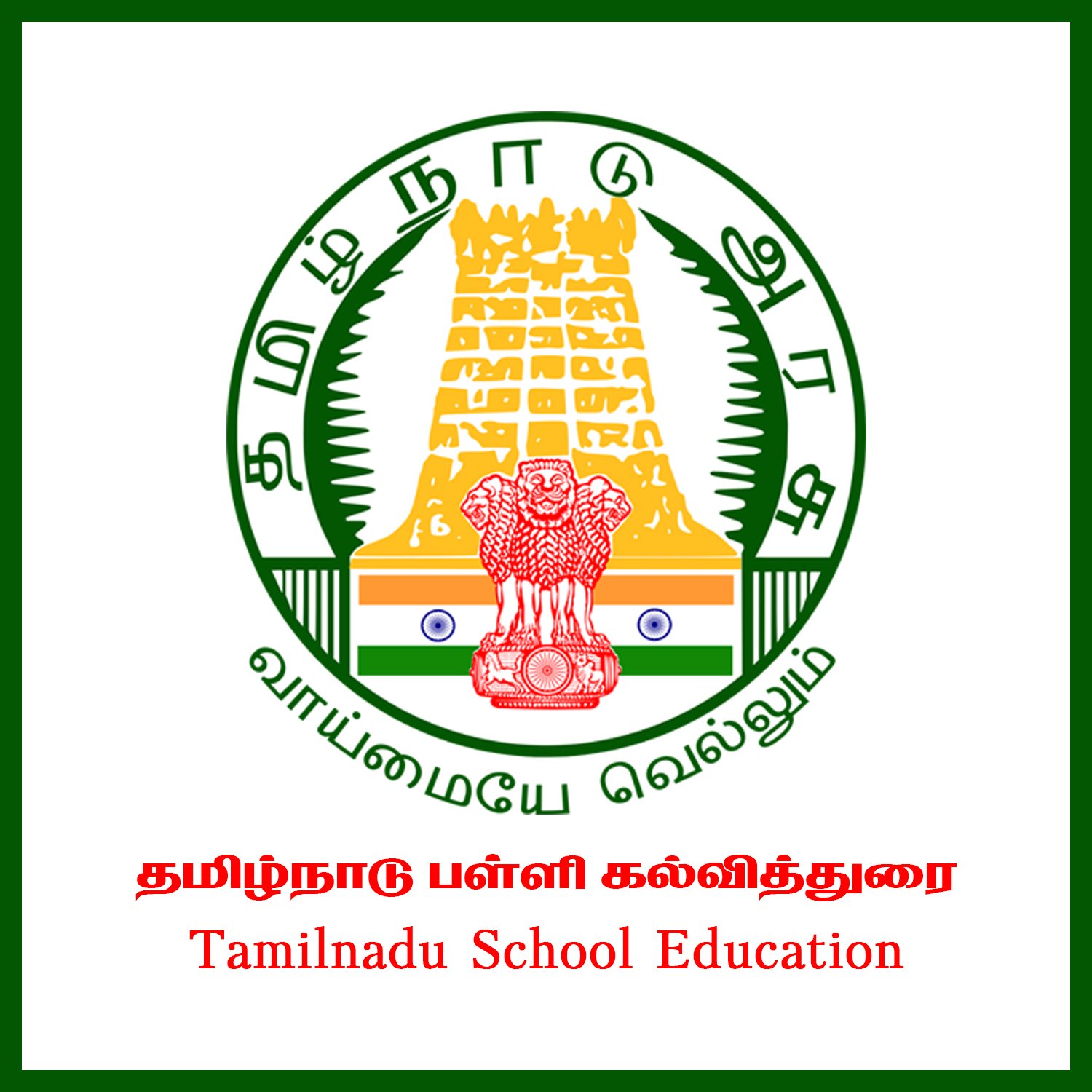

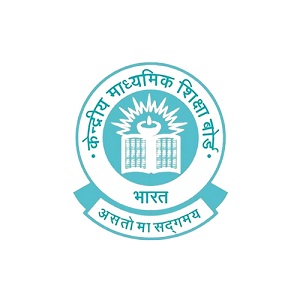
 12th Standard Maths Syllabus
12th Standard Maths Syllabus  12th Standard Maths Study Materials
12th Standard Maths Study Materials 12th Standard Maths MCQ Practise Tests
12th Standard Maths MCQ Practise Tests 

Reviews & Comments about 12th Standard Maths English Medium - Differentials and Partial Derivatives 3 Mark Creative Question Paper and Answer Key 2022 - 2023
Write your Comment